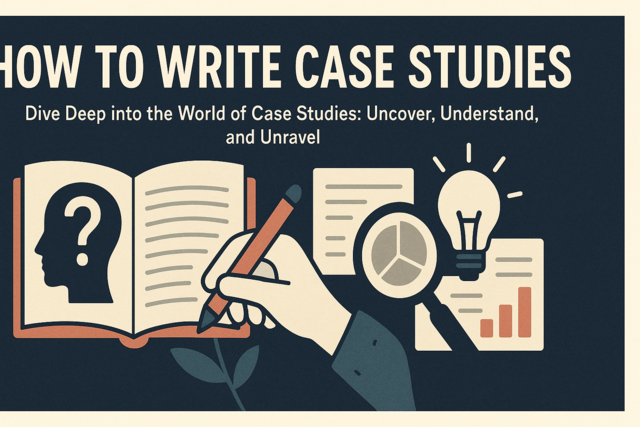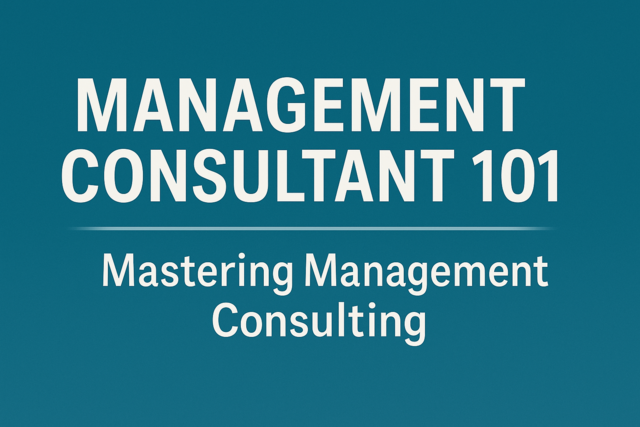Marketing 101
Unlock Your Potential: Master the Basics of Marketing!

9 Hours average completion time
0.9 CEUs
15 Lessons
23 Exams & Assignments
330 Discussions
15 Videos
30 Reference Files
117 Articles
Mobile Friendly
Last Updated January 2026
Have you ever looked at a product on a shelf and thought, "How did this get here?" Or watched a captivating advertisement and pondered, "Why does this resonate with me?" Behind every product launch, every compelling advertisement, and every digital campaign, there's a meticulously crafted strategy. Welcome to the universe of marketing, where art meets science, data merges with intuition, and businesses connect with their consumers in an ever-evolving dance of needs, desires, and values.
Why Choose This Course?
-
Holistic Understanding: From the inception of a product idea to its journey on the global stage, immerse yourself in every facet of marketing.
-
Strategize Like a Pro: Delve into the decision-making processes businesses employ to determine their advertising strategies and target audience.
-
Diverse Modalities: Explore traditional, direct, online, and global marketing channels to equip yourself for a multifaceted marketing landscape.
-
Build A Strong Foundation: Whether you're an aspiring marketer, a business owner, or simply a curious learner, this course offers a comprehensive curriculum tailored for all levels.
Course Highlights:
-
Marketing Philosophies Unraveled: Discover the various approaches and ideologies that have shaped marketing through the ages.
-
Creating Customer Value: Learn how top brands consistently engage and delight their customers, fostering loyalty and driving value.
-
Demystifying Market Segmentation: Unlock the art and science of identifying and targeting the perfect audience subset for optimal business results.
-
Product & Service Marketing Excellence: Grasp the nuances of showcasing tangible and intangible offerings in an ever-competitive market.
-
Retail and Supply Chain Insights: Understand the complexities of the retail environment and the logistical symphony of supply chain management.
-
Pricing, Promotion & Beyond: From setting the right price to creating buzzworthy promotions, get a grip on strategies that influence purchase decisions.
-
Digital Revolution: Dive deep into the world of online and direct marketing, the channels reshaping the consumer-business relationship.
-
Global Marketplace Mastery: Navigate the intricacies of marketing on a global scale, understanding cultural, logistical, and regulatory challenges.
-
Crafting a Winning Marketing Plan: Bring your learning full circle as you synthesize knowledge into actionable marketing blueprints.
Empower Your Marketing Journey
Marketing is not just a business function; it's the heartbeat of commerce, the bridge between businesses and consumers, and the force propelling products from concept to consumers' hands. Whether you're stepping into the business world, looking to elevate your existing skills, or just satiating your curiosity, our course promises a transformative journey into the mesmerizing realm of marketing.
Join us, and let's co-create your marketing success story!
- Competitive market analysis
- Pricing and strategic selling techniques
- Enhanced customer engagement tactics
- Online and direct marketing skills
- Strategic decision-making skills
- Digital and global marketing proficiency
- Market research expertise
- Development of comprehensive marketing plans
- Segmentation and targeting mastery
- Insight into consumer behavior
- Promotion and advertising strategies
-

Business Ethics
-

Call Center Management
-

Ultimate Secretary Training Bundle
-

Effective Communication Skills
-

Business Branding 101
-

How to Write Case Studies
-

Resume Writing
-

Effective Presentations
-

Strategic Planning
-

Business Math 101
-

Kaizen 101 - An Introduction
-

Gender Sensitivity Training
-

Writing Effective Emails in the Workplace
-

Business Professionalism
-

Marketing 101
-

Business Management
-

Motivational and Public Speaking
-

Business Law for Entrepreneurs
-

Preventing Workplace Harassment
-

Introduction to Six Sigma
-

Management Consultant 101
-

Introduction to Logic
-

Sustainable Development for Business
-

Generational Diversity in the Workplace
-

Creating and Managing a Non-Profit Organization
